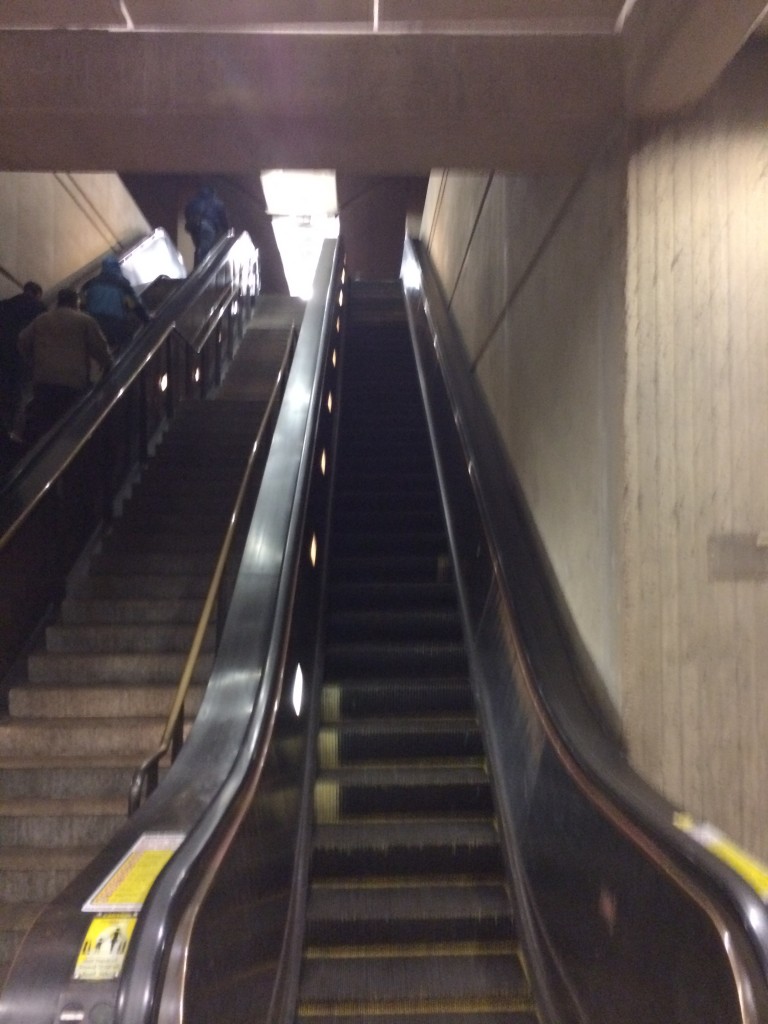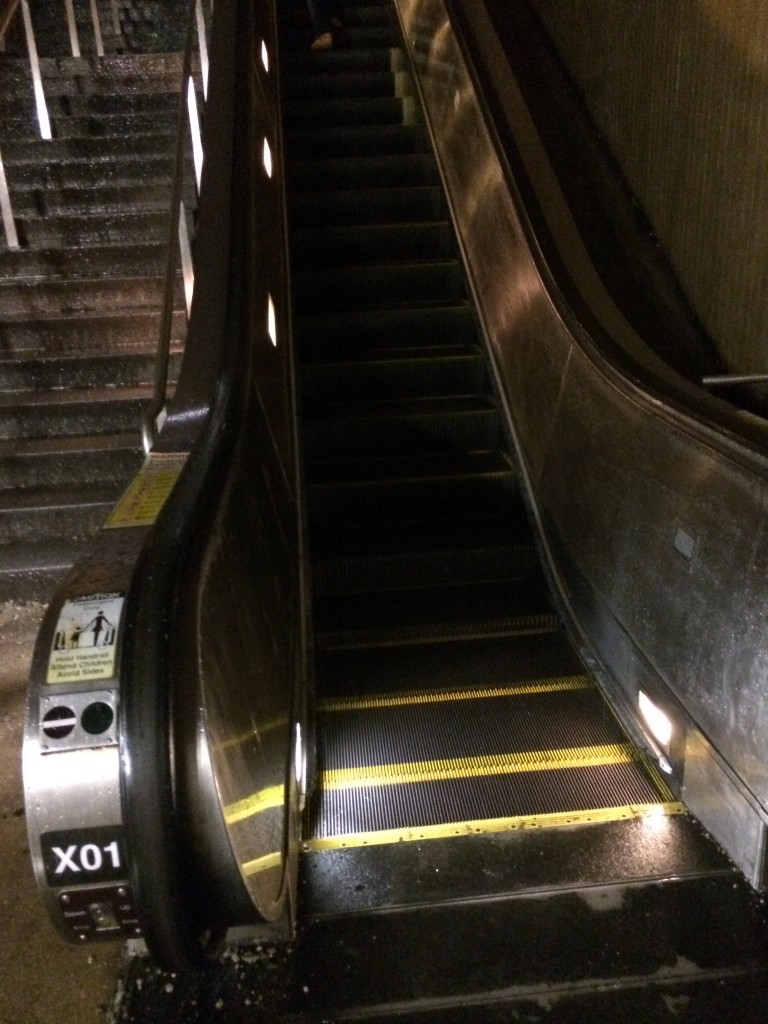
Metro General Manager Richard Sarles answered two dozen questions from riders duringmy online discussion Monday, but there were scores more we didn’t get to. After the chat, I picked out five that are among the most frequently asked.
Here are those five questions and Sarles’s answers.
Q. Why doesn’t Metro enforce rules about not closing doors while customers are still entering or exiting trains? A couple of weeks ago I was caught in a Metro train door. It closed on both my upper arms as I was just stepping out of the train. It was very painful. There were others still moving in and out of the car. When I complained to the station staff at Pentagon City, their response was the drivers have schedules to keep and I should step back when the bells sound.
A. I am not aware of such a rule. Train operators do their best to provide enough time for boarding and alighting, while not excessively dwelling at any one station to prevent train congestion. We never want to see anyone get injured, which is why we have posters and announcements advising riders that train doors don’t work like elevator doors. When you hear the chimes, the best advice is to step back and wait for the next train.
Q. Why run escalators at closed stations? A few weekends ago, Dupont Circle station was closed because of Red Line track work. Somebody had barricaded the station entrances but decided to keep the escalators running and running all weekend to a closed station. Does Metro now have unlimited resources to keep closed escalators wastefully running, not to mention the unnecessary wear and tear?
A. While Dupont Circle station may have been closed for passengers, inside the station was a beehive of activity, with several dozen workers installing new lighting, upgrading station equipment, cleaning and performing maintenance. The majority of the station escalators were turned off during this time; however, at least two of the long escalators at each entrance were kept in operation to facilitate the movement of workers to and from the station.
Q. Weekend track work. I have been a regular weekend rider of the Red Line but have had a much harder time justifying it ever since the massive off-peak fare increase that brought it in line with the peak fare structure. I wouldn’t mind paying the higher fares for normal weekend service (e.g., Red Line trains every six minutes on Saturdays and every eight minutes on Sundays), but I cannot justify paying so much more for trains that run every 24 to 30 minutes.
I think the best idea would be to have two separate off-peak fare structures, one for normal off-peak service, and one for the greatly reduced service levels when trains are running less than half of normal frequency. This is the only way I can see Metro retaining any customer loyalty through this long but necessary period of intense track work.
A. Working intensively on weekends is the only feasible way for us to catch up on the backlog that developed over many years of inadequate maintenance, and I recognize that longer waits are a burden shared by our riders. Metro is no longer a new system. While the intensity of work and its impact on riders will diminish as we advance Metro Forward [the transit rebuilding program], weekend work — although less intense — is a fact of life from here on out, for as long as there is a Metro system. Off-peak fares are intended to take into account the reduced frequency of trains, including times when track work is in effect.
Q. Refund on delay. If I enter a station , for example, West Falls Church, and upon paying my entrance fare notice a significant delay that’s not posted on the board, why can’t I just exit the station and get a refund? Having to pay for services not even rendered is unfortunate.
A. Metro’s current fare system, which is based on 1990s technology, does not allow for this. To learn about delays before entering the gate, it’s important to sign up for MetroAlerts atwmata.com or check the digital screens at all station entrances that turn red when there is a delay message.
Also, we recently awarded a contract for a new fare payment system, including the eventual replacement of our current fare gates and vending machines. The new system will give riders additional payment options, including using chip-based credit cards, key fobs, smartphones and federal ID cards. It will also give us the flexibility to consider new fare rules in the future.
Q. Parking on weekends. Have you considered charging for Metro parking on weekends? I think casual users (instead of commuters) should pay for parking, too. Why should we take the brunt of all the increases?
A. I am not aware of any local jurisdictions that have considered this. My personal belief is that offering free parking on weekends is a good way to keep Metro competitive with driving at times when traffic is lighter and street parking might be easier to come by.
Dr. Gridlock also appears Thursday in Local Living. Comments and questions are welcome and may be used in a column, along with the writer’s name and home community. Write Dr. Gridlock at The Washington Post, 1150 15th St. NW, Washington, D.C. 20071, or e-mail .



